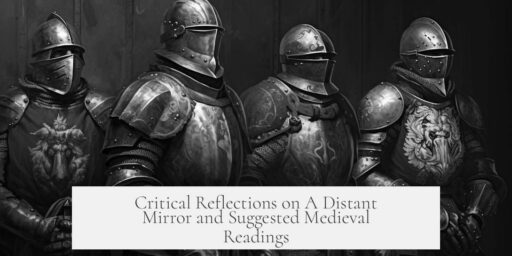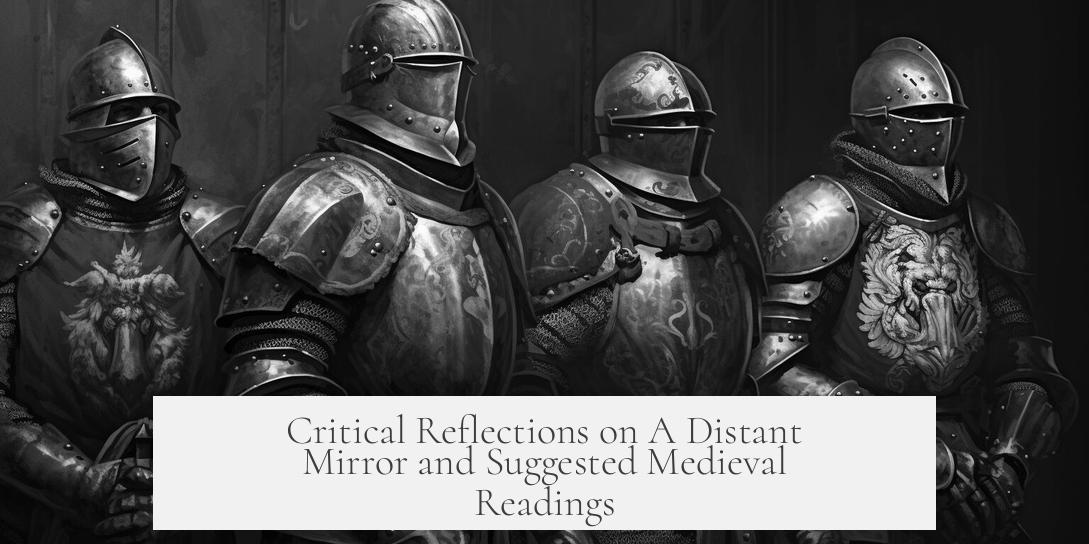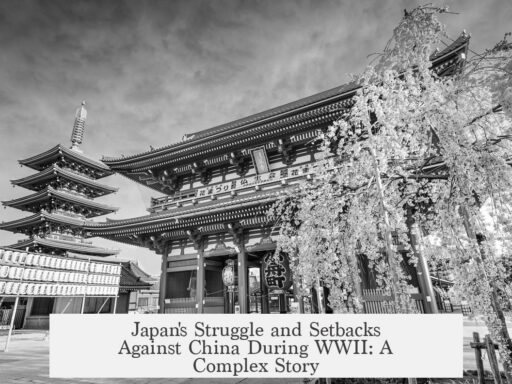Barbara W. Tuchman’s A Distant Mirror faces significant scholarly criticism due to its inadequate research rigor and limited original contribution to medieval history. Tuchman, known for earlier works like The Guns of August, ventured into the complex 14th century with a less effective approach. The book fails to meet expectations of medieval scholarship, primarily due to poor source handling and an outdated historiographical framework.
Critics highlight that medieval history demands deep linguistic skills and familiarity with scarce, difficult sources. Unlike modern historical fields where extensive documentation exists, the 14th century requires specialized annotation and exhaustive bibliography. Tuchman’s work lacks sufficient citations and critical apparatus, as noted by Bachrach (1979). The bibliography contains notable gaps, hampering the book’s academic reliability.
The author’s narrative tendency projects contemporary concerns onto medieval events rather than accurately reconstructing the period’s complexities. This perspective results in a distorted portrayal, treating the 14th century as a mere reflection of modern issues. The chosen focus, Enguerrand VII de Coucy, offers rich source material forfocused study, yet Tuchman misses the opportunity to produce novel insights or data. After seven years of research, the work falls short of meaningful historiographical breakthroughs.
For readers seeking robust medieval history, other works provide superior insight and scholarly value. Christopher de Hamel’s Meetings with Remarkable Manuscripts is highly recommended for its engaging and factual exploration of medieval sources. De Hamel’s book enriches understanding of the skills and knowledge required for medieval scholarship and invites appreciation of manuscript culture without speculative bias.
| Key Issues with A Distant Mirror | Recommended Alternatives |
|---|---|
| Poor critical apparatus and bibliography gaps | Meetings with Remarkable Manuscripts – Christopher de Hamel |
| Limited original research and interpretation | Works by recognized medieval specialists with primary source expertise |
| Anachronistic projection of modern concerns | Studies that emphasize context and linguistic depth |
- Tuchman’s medieval scholarship lacks adequate source engagement.
- The book projects modern values onto medieval history.
- Enguerrand de Coucy is a well-sourced figure insufficiently analyzed.
- Additional reading like de Hamel’s manuscript study offers better medieval understanding.
- Scholars recommend focusing on specialized medieval historians for deep insights.
Issues with A Distant Mirror (Tuchman) and Additional Reading?
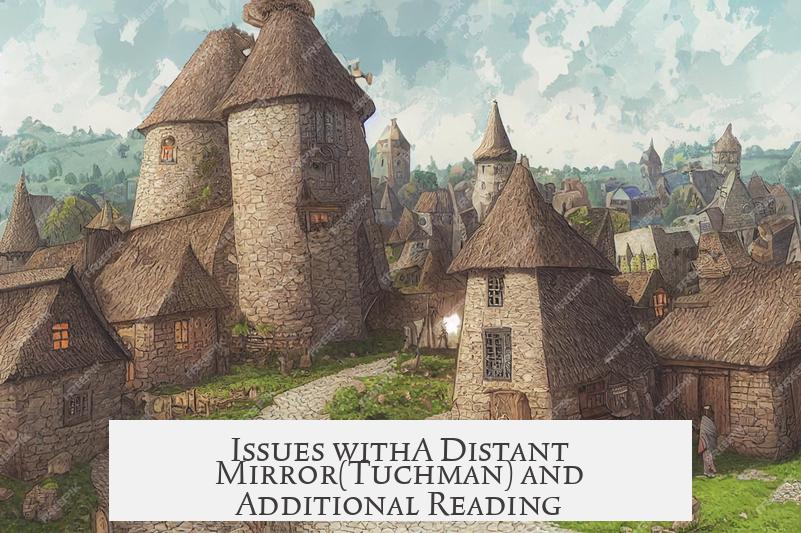
Barbara Tuchman’s A Distant Mirror attempts to bring the tumultuous 14th century to life for modern readers, but it faces significant criticism, particularly regarding scholarship and depth. Despite Tuchman’s storytelling gifts and previous success with historical works like The Guns of August, this book shows the pitfalls when a historian ventures into a demanding field without fully mastering its complex sources and scholarly debates.
So, what exactly went wrong? And what can those interested in medieval history read instead to get a richer, more accurate view?
The Scholarship Challenge: From Vinegar Joe to the Black Death
Tuchman’s earlier hits ranged from General “Vinegar Joe” Stillwell’s Second World War exploits in Stillwell and the American Experience in China, to the detailed military-political tapestry in The Guns of August. Both showed solid research and clear narrative—nothing groundbreaking, but reliable.
Then she jumps centuries back, diving into the tangled medieval world. Here lies the first big problem. As one historian slyly noted, “There’s always a risk that when a historian starts traveling, wanders over to another’s specialty and publishes something, she’ll get into trouble.” The 14th century isn’t a weekend hike; it’s a long, steep climb filled with obscure languages, scarce sources, and well-established scholarly arguments.
Why Is Medieval History So Tough?
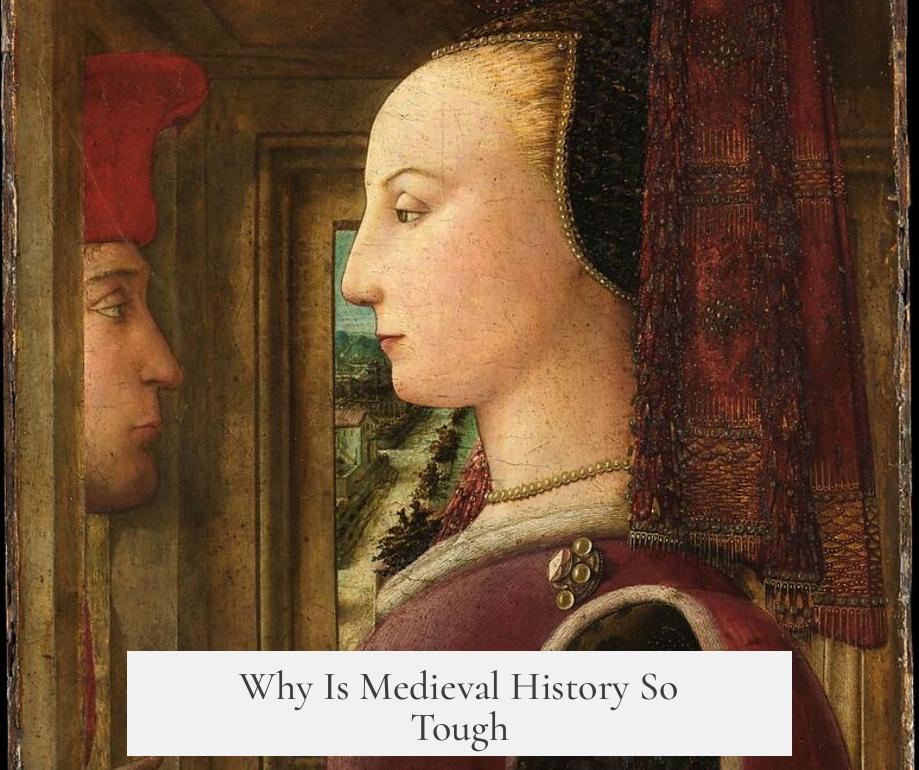
Unlike the 19th-century labor movement or WWI—fields with piles of archives, letters, and newspapers—medieval history offers a far thinner, less accessible feast. Documents are few, often fragmentary, and scattered through monastic libraries or locked in ancient dialects.
Imagine trying to add something new to Beowulf. Academics have debated it for over a century. Finding a fresh angle is a challenge; Tuchman’s book struggles here.
Bachrach’s 1979 Critique: Not Just a Nibble but a Bite
Enter Joshua Bachrach’s withering review—a scholar’s red flag raised high. He lambastes the apparatus criticus (that’s the scholarly scaffolding: notes, citations, and commentary) as “appallingly inadequate.” The bibliography? It’s “riddled with significant lacunae” —fancy speak for “big gaps.”
More seriously, Bachrach argues Tuchman never truly grasps the medieval world she describes. After seven years spent researching, he drolly notes that she offers “no valuable new data or useful interpretations.” Ouch.
Even worse, Tuchman allegedly molds the 14th century to fit modern sensibilities, projecting present-day concerns onto a long-gone era rather than respecting its unique complexities. To quote, she fashions a “far-off reflection of what Tuchman seems to see as central or, at least, marketable about the world in which she lives.” It reads like a historical selfie—beautifully done, but flawed in authenticity.
Missed Opportunities: The Case of Enguerrand VII de Coucy
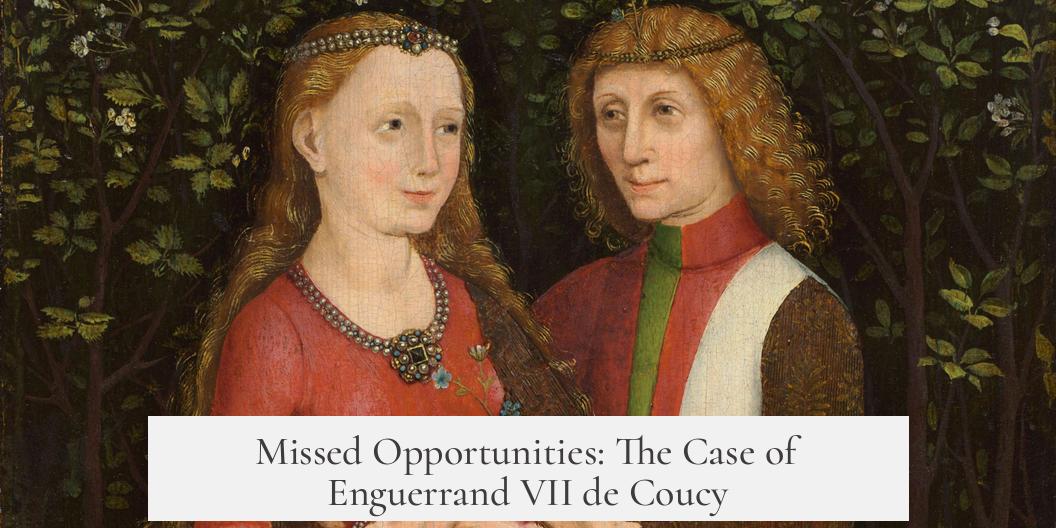
The book’s central figure, Enguerrand VII de Coucy, is a fascinating medieval nobleman with ample surviving data ripe for deep study. Scholars say there’s “enough data… to write a useful monograph.” Yet, Tuchman uses him more as a narrative vehicle than as a subject for rigorous historical inquiry. This squanders the chance for genuine new insights.
Looking Beyond Tuchman: Better Medieval Reads for the Curious
So, should you toss A Distant Mirror out the castle window? Not quite. It’s entertaining, a good introduction for readers new to the dizzyingly complex 14th century. But for those who want more accuracy, rigor, and a touch of awe at the medieval scholarly craft, there are better options.
Meet Christopher de Hamel’s Meetings with Remarkable Manuscripts

Though not a medievalist by strict training, de Hamel’s book delights by showing what going “deep” into medieval sources really means. It inspires readers with tales about amazing manuscripts, how scholars decipher them, and the secrets they hold.
“…for inspiring wonder at what a medieval scholar has to know about her sources, Meetings with Remarkable Manuscripts … is damn good. And fun.”
This book sheds light on the painstaking detective work that good medieval history demands, something A Distant Mirror occasionally glosses over.
Seeking Deeper Insight?
If your goal is to impress at your next book club or get a “feel” for the era, Tuchman’s narrative flair might suffice. But if you crave historical accuracy, rich detail, and fresh perspectives drawn from primary sources, seek out works by well-established medievalists who wrestle with the original texts and languages.
In short, A Distant Mirror serves as a distant introduction but falls short of being a reliable mirror for understanding the 14th century in all its brutal and nuanced glory.
In Conclusion: What’s the Takeaway?
Barbara Tuchman shines in accessible popular history but stumbles in the specialized terrain of medieval studies. Her leap into the 14th century is ambitious but uneven. Scholars like Bachrach remind us not to accept narratives just because they’re beautifully written.
For the curious, start with Tuchman to get your feet wet, but then dive deeper with writers like Christopher de Hamel and recognized medieval historians. Your curiosity deserves more than a superficial tour; it deserves an expert guide.
After all, isn’t history about uncovering truths—even when those truths are messy, complex, and require a bit of linguistic acrobatics?
